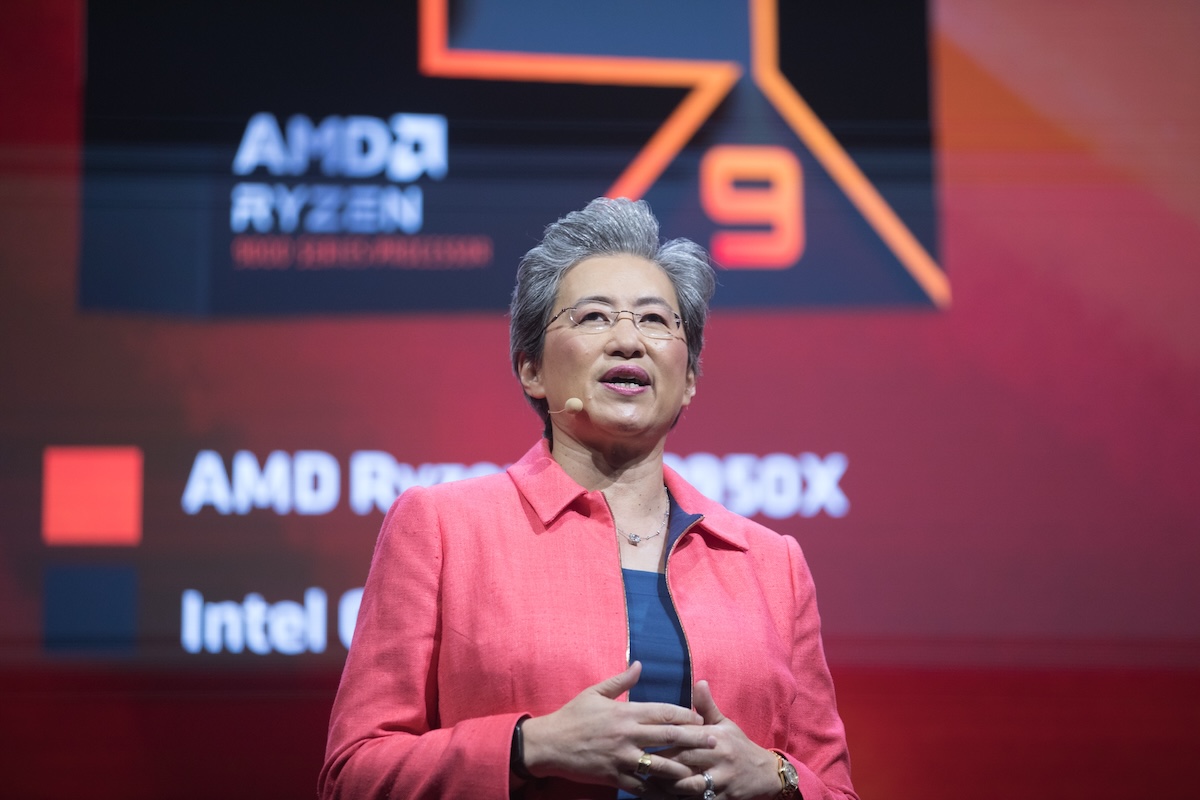
Advanced Micro Devices (AMD) stock dropped last week after the chipmaker posted weaker-than-expected quarterly earnings.
While the miss grabbed headlines, several analysts pointed to a deeper problem behind the slide: slowing growth in AMD’s data center business, driven less by soft demand and more by an innovation lag against Nvidia.
For the second quarter, AMD reported earnings of $0.48 per share, just under estimates, on $7.69 billion in revenue.
Its data center segment generated $3.24 billion, up year over year but down for the second straight quarter. That’s unusual given what many describe as the strongest AI-driven server upgrade cycle in history.
“This is not a demand problem,” wrote Oguz Erkan, stock analyst and author of the Capitalist Letters newsletter. “AMD is behind Nvidia in time-to-market. When AMD catches up, Nvidia launches the next-gen design.”
$AMD is selling off because data center sales went down two quarters in a row..
undefined Oguz O. | 𝕏 Capitalist 💸 (@thexcapitalist) August 7, 2025
It's not a demand problem.$AMD is behind $NVDA in time to market. When $AMD catches up, $NVDA launches the next-gen design.
This is changing with MI400 series.
When $NVDA launches Rubin, MI400… pic.twitter.com/HNRUdQRpjy
Erkan sees that dynamic changing with the release of AMD’s upcoming MI400 series, which he expects to deliver a sharp jump in AI compute power and memory capacity.
If it delivers, he predicts investors will “see AMD meaningfully gain market share instead of feeding on breadcrumbs.”
Others aren’t convinced. Analyst and X user Wasteland Capital called AMD’s latest data center revenue “brutally bad,” adding: “We’re in the strongest data center demand cycle in human history... and people don’t want what these guys are selling.”
$AMD It comes down to this: Data Centre revenue being down -12% on last quarter (down second Q in a row), and only up +14% y/y is just brutally bad.
undefined Wasteland Capital (@ecommerceshares) August 6, 2025
We're literally in the strongest data centre demand cycle in human history… and people don't want what these guys are selling. pic.twitter.com/E2HDOTfivn
AMD shares slid more than 6% on the earnings release before recovering some ground later in the week. The stock ended Friday near $173, giving the company a $261 billion market cap.
Export controls weigh on AMD
As the world’s second-largest GPU maker, AMD is also battling macro headwinds from U.S. chip export controls and tariffs.
The company said its gross margin for the quarter was 11 percentage points lower than it would have been without costs tied to those restrictions.
CEO Lisa Su told shareholders the China restrictions have been particularly damaging. “AI business revenue declined year over year as U.S. export restrictions effectively eliminated MI308 sales to China, and we began transitioning to our next generation,” she said.
Like other chipmakers, AMD is hoping the Trump administration will grant waivers to resume shipments to China.
For now, U.S.–China trade relations remain in flux. The current tariff pause between the two countries expires Aug. 12, though U.S. Trade Representative Jamieson Greer has suggested an extension is possible, according to the South China Morning Post.
“I think it’s going in a positive direction,” Greer said of the ongoing negotiations.
Your email address will not be published. Required fields are markedmarked